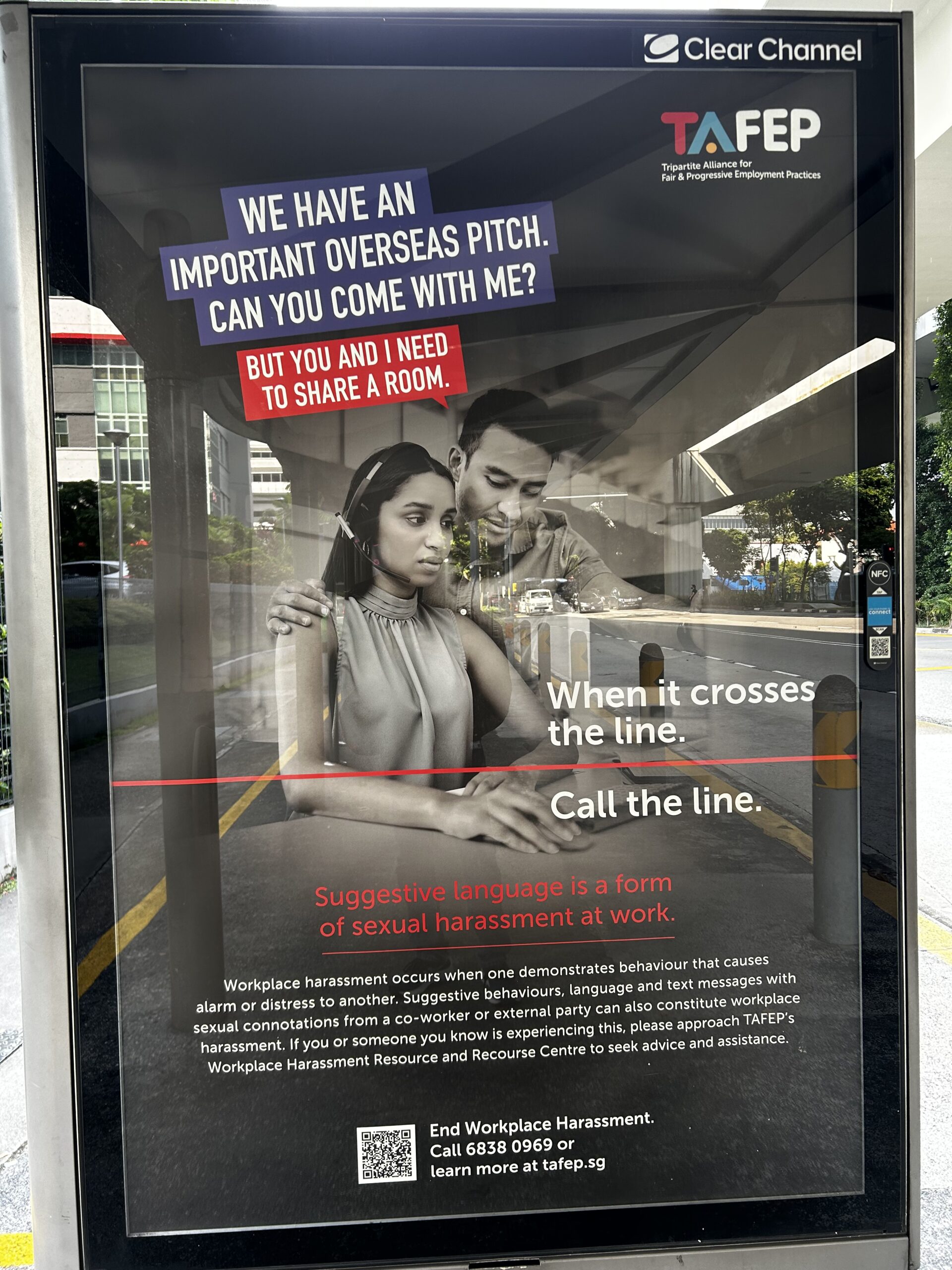One way that small businesses can continue to be not only relevant but in some ways even compete (or out-compete the large competitors) is through obsessing about their customers and creating meaningful experiences for them.
Marketing can play a very important role in this journey by not only knowing who the customer is for their product or service but also ensuring that the entire organisation knows about it as well. This shared understanding enables everyone in the organisation to align and find ways to make a difference in the lives of the customers.
– The product development team now knows exactly for whom they are building their product for. They understand the reality of their lives and what challenges will their product or service address for them.
– The customer service team now knows the context in which the customer uses your product and the kind of importance they place on your product functioning the way it is supposed to function. They can also understand and build a process to ensure that they keep this information at the center of how they respond to the requests from customers. They might even find ways to eliminate issues by learning the most common ways that your product might be creating troubles for the customers.
– The accounting team now knows more about the customer and can find ways to make their interactions with the customers a meaningful, delightful or an efficient one (depending on how they would like to engage). The accounting could make the invoicing, payment and any other process that they use to interact with the customers meaningful for them.
– The sales teams would know how to position the product and create meaningful interactions based on the knowledge of the customers. They can create powerful and meaningful moments out of their sales closures and even when they lose deals, find a way to make it memorable for the customers.
– The HR team would now know what kind of people that we need to hire to do well with this kind of customers & what kind of work environment do these people need. This will inform their HR policies, perks and the places they will go looking for the prospective employees.
– The leaders would know what kind of culture they need to create in order to retain their employees so that they can, in turn, do well to retain our customers.
– The procurement teams would know the kind of vendors that they would need to work with, in order to be able to help the company create meaningful experiences for the customers.
– The partnering team will know what kind of partners do they need to identify and partner with. Where and what kinds of partnerships, distribution and/or channel partners do they need in order to not only reach these customers but also to serve them in meaningful ways.
When every part of our organisation obsessed over how to deliver meaningful experiences for our customers, the customers tend to reciprocate by staying loyal and growing their relationships with our business. This is probably one of the fastest ways for a small business to create a competitive advantage for themselves and at the same time scale their business really quickly.



